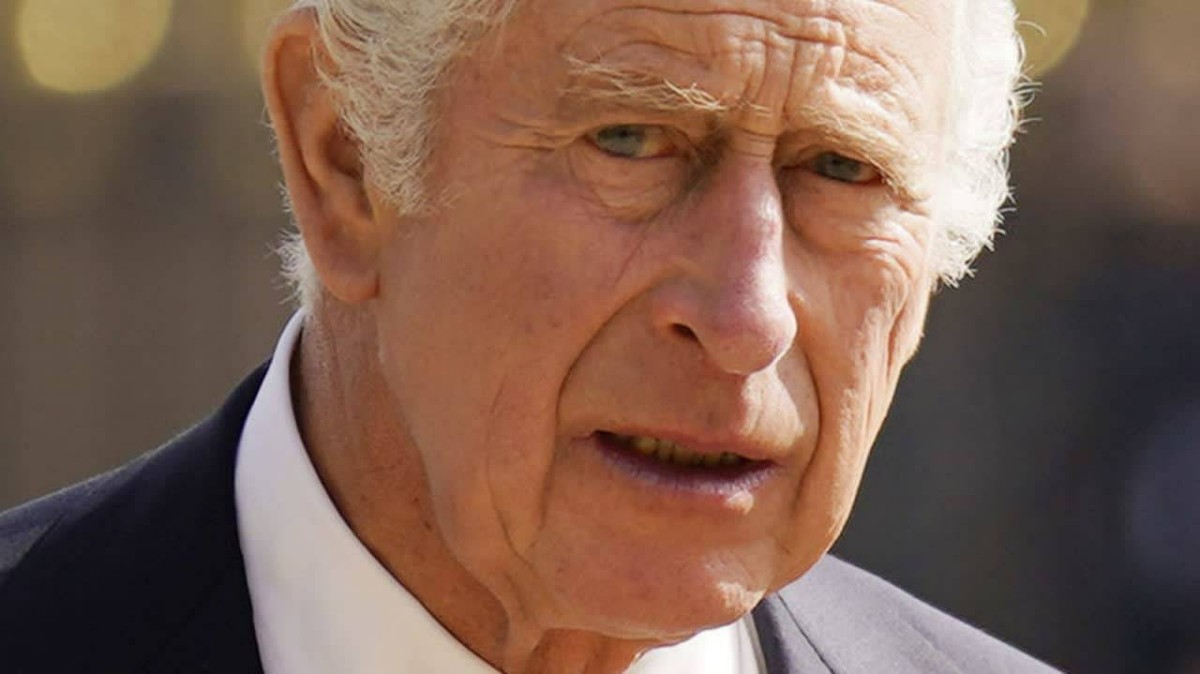 3174
3174
By: A. Mahdavi
The recent visit of King Charles III and Queen Camilla to France has garnered significant attention, highlighting the intricate and evolving relationship between these two nations. While the visit was characterized by warmth and amicability, it is crucial to acknowledge the deep-rooted mistrust that has persisted throughout their shared history. The roots of this mistrust can be traced back to the numerous conflicts that have taken place between these two countries, totaling over 40 wars from 1109 to 1815. Notably, most of these conflicts saw British support against the French Republic. The peak of these conflicts coincided with Napoleon's defeat in 1815, marking the end of the Napoleonic Wars.
Following this tumultuous period, a fragile peace was established between the two countries, although Britain remained wary of a potential French attack. The historically chilly relations began to thaw with the signing of the landmark Entente Cordiale treaty in 1904, which opened a new chapter of cooperation between London and Paris, particularly in joint efforts to contain the rising Prussian Empire. This newfound camaraderie led to alliances during both world wars, support for liberal democracy during the Cold War, and their shared status as founding members of NATO.
Nevertheless, dramatic events in the past few years, notably the United Kingdom's withdrawal from the European Union in 2016, have strained the Franco-British relationship to its lowest point in a century. Against this backdrop, the meeting between King Charles III and President Macron holds immense significance, offering opportunities for renewed collaboration and addressing shared challenges.
The historic rivalry between France and England has significantly shaped their relationship, with French writer José Alain Fralon famously describing it as "Our dearest enemies." However, since King Charles III's ascension to the throne, President Macron has made concerted efforts to foster warm relations. Recognizing the importance of engaging with Britain, President Macron extended a warm welcome to His Majesty, affirming the significance of the Buckingham Palace-Building No. 10 dynamic. While the specifics of their discussions were not disclosed, media coverage primarily focused on shared concerns such as the ongoing Ukraine conflict, the pressing climate crisis, and the complex issue of migration. These shared challenges underscore the common interests and mutual efforts of both nations.
The meeting between King Charles III and President Macron holds multifaceted importance for both parties involved. For King Charles III, establishing his reign and ensuring Britain's resilience in the face of global crises, such as the Ukraine conflict and the migrant crisis, are paramount. By positioning France as a key partner, King Charles III aims to provide financial support while minimizing the kingdom's expenditures. On the other hand, France seeks to address its own economic crisis and reclaim its influential role on the European stage. The meeting serves as an opportunity for President Macron to assume a prominent position in the absence of Chancellor Merkel and demonstrate effective leadership. Additionally, France aims to convey to other European Union members that the United Kingdom's separation from the EU has left it dissatisfied, prompting the search for avenues of compensation.
In conclusion, the historic visit of King Charles III and Queen Camilla to France signifies a critical turning point in the Franco-British relationship. While the deep-seated mistrust stemming from their tumultuous history remains, the meeting presents an invaluable opportunity for both nations to forge a new chapter of collaboration and address shared challenges. Against the backdrop of Brexit and economic crises, this visit assumes immense significance in fostering understanding and rebuilding trust. As the leaders of France and the United Kingdom navigate the intricacies of their relationship, the outcome of this meeting holds the potential to reshape the dynamics between these historic rivals and shape the future of European cooperation.
Comment
Post a comment for this article